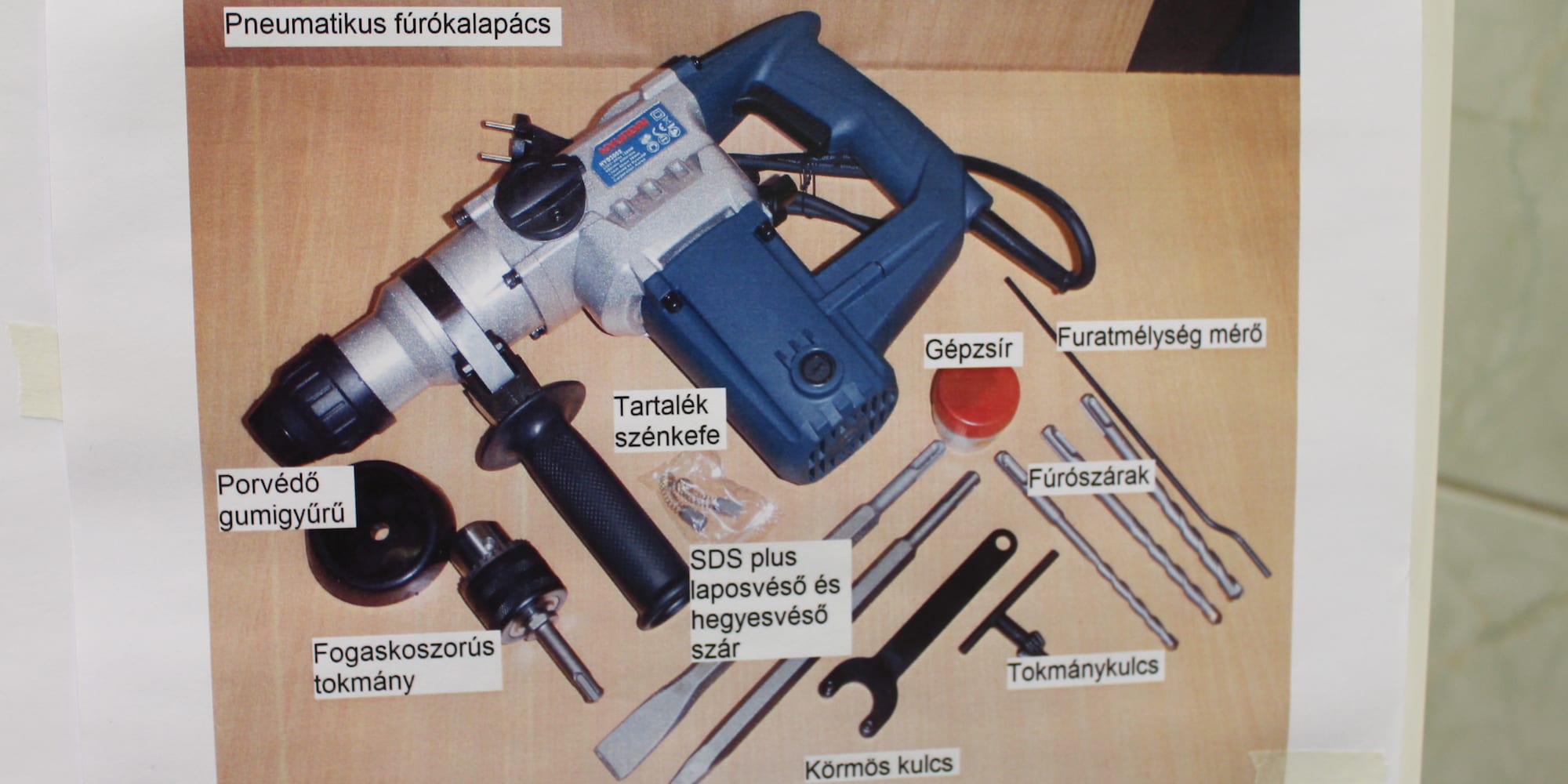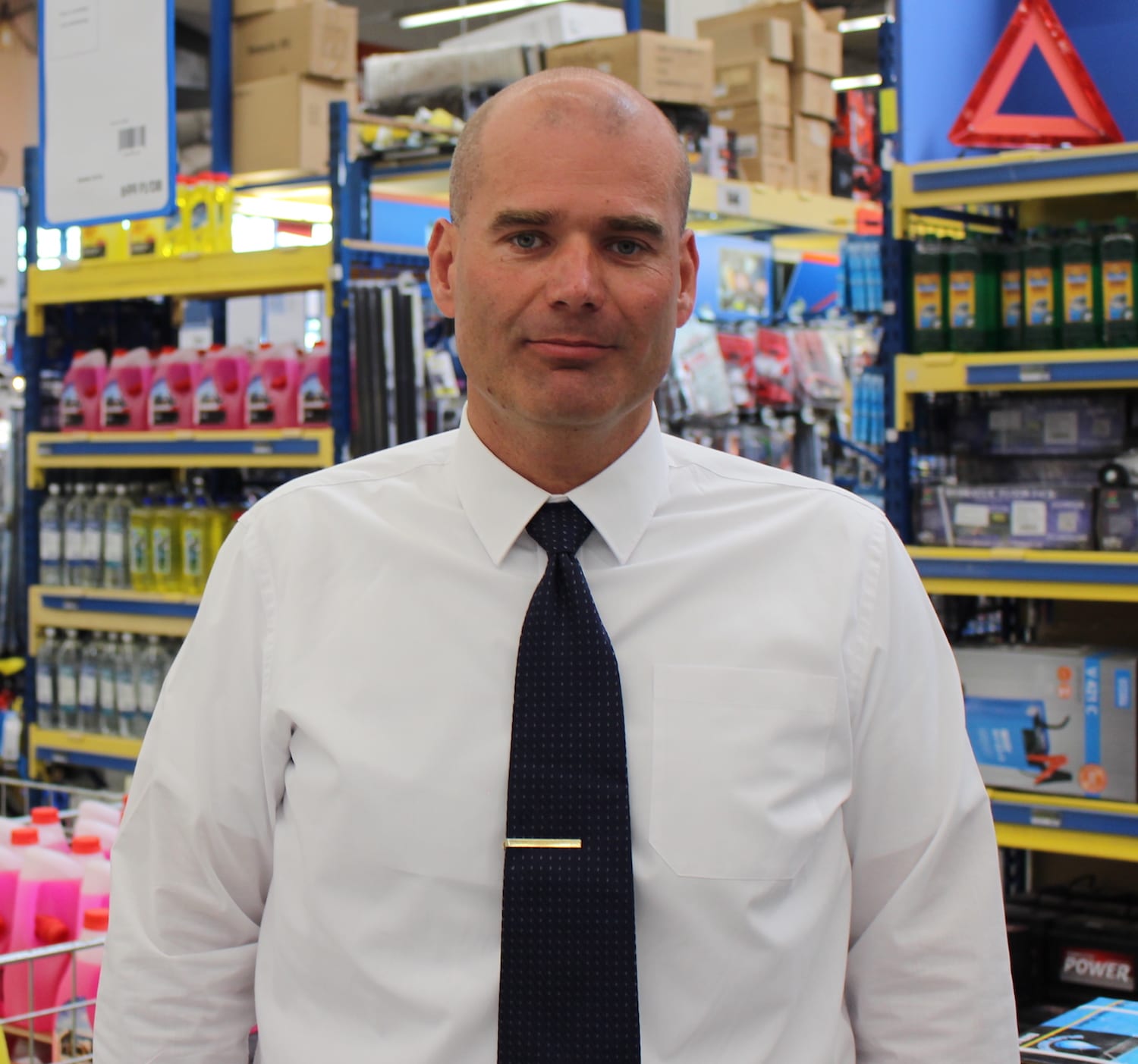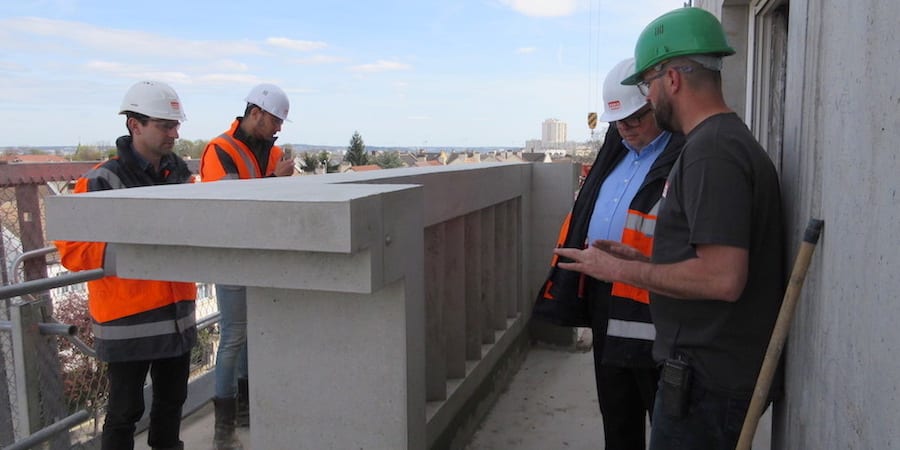
How we slashed waiting times for our customers
VIDEO INTERVIEW – A store manager explains how a simple kaizen reduced waiting times for customers who want to return products. We use today’s video to launch our Lean Improv contest.
Words: Zsolt Móczik, Deputy Store Manager, Praktiker Hungary
As a company, we want to make it easy for our customers to return products, should they wish to do so. So, when our transformation started, shortening the time it took them to return items quickly became a lean project at one of our stores in Budapest.
By observing the process, we realized that our Information Desk staff (those who in contact with customers returning products) wasn’t equipped to effectively and swiftly answer the query. They didn’t have the information they needed in order to make an informed decision on whether a product could be returned (if it’s been used, for instance, we don’t take it back), and as a resulted they used to rely on the salesperson from the area the product originally came from.
Not only did this mean a long wait for our customers, but also that our salespeople spent a staggering 51 days a year walking back and forth from their areas to the Information Desk, just to complete a process that other staff could have done… given the right information.
Take a look at this video to learn how we fixed the problem.
THE AUTHOR

Read more


NOTES FROM THE GEMBA – With a strong focus on quality and on solving problems once and for all, Paris Ouest Construction has managed to weather the storm of the recession, the author finds out during a gemba walk.


FEATURE – This article analyzes some of the most effective tools lean practitioners can deploy to design solid processes characterized by an effective sequence of tasks and a focus on customer value.


FEATURE – This article applauds the tenacity of women leaders and seeks to illustrate how they motivate others to take on the sustainability challenge through lean practices.


FEATURE – This interesting article asks what it means to ask to right questions and explains why the way to success is learning about problems, not wondering whether solutions are wrong or right.

